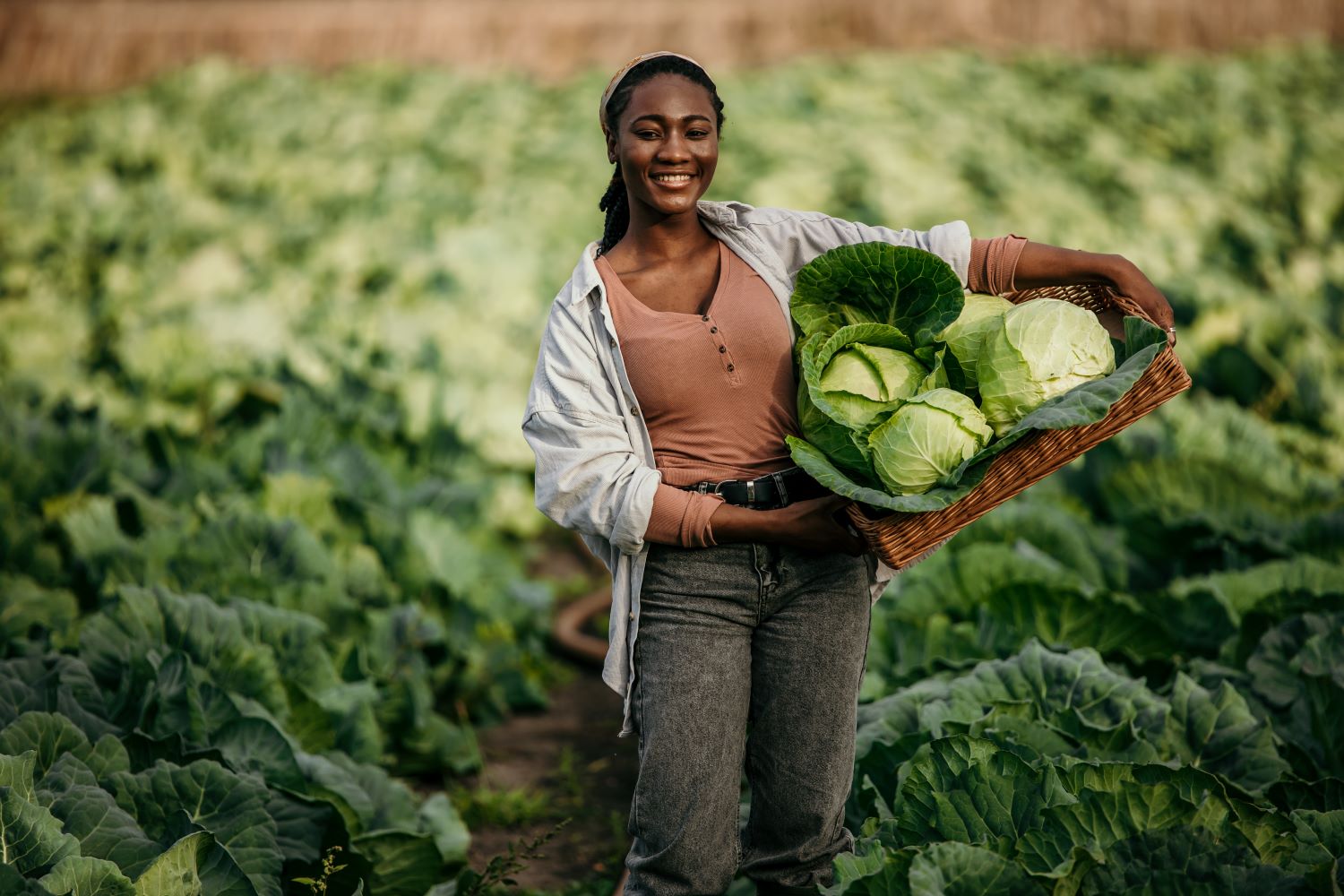ECOSOC at 80: Renewing Multilateralism in an Age of Global Uncertainty
On 23 January, the United Nations Economic and Social Council (ECOSOC) convened a commemorative session…

Women empowerment is key to closing the gender gap.
“Closing the gender gap could see a one-off global GDP increase of nearly 1 trillion US dollars – which means 1% of global GDP – and the number of food insecure people could be reduced by 45 million.’’
FAO Director General QU Dongyu
If we are serious about food systems transformation and realizing food and nutrition security, then we really need to pay attention to what data is saying. FAO Director General QU Dongyu launched the Status of Women in Agrifood Systems report. The findings continue to give the same message; food security, food systems transformation, social and economic progress will not be realized if women are left behind!
Progress in closing the gender gap remains slow and, worse, the past few years have brought more significant blows to the women in the agrifood sector. While agrifood systems are a more important source of livelihood for women than for men in many countries, the report indicates that:
The report underscores the need to increase women’s empowerment which is essential for women’s well-being and has a positive impact on agricultural production, food security, diets and child nutrition. Moving forward, there are great examples of what is working to close the gender gap. But we need to accelerate action so that these are scaled. The report notes that more work needs to be done to:
I am glad to report that these pathways echo what has been the private sector position on gender. Most of these are reflected in the draft CFS Voluntary Guidelines on Gender Equality and Women’s and Girls’ Empowerment. The private sector has been part of the process of developing these guidelines and we look forward to the successful conclusion of this process and adoption at CFS 51. There is no doubt the outcome of this process will be crucial to scaling up efforts by various actors, including the private sector. The private sector will continue to provide its support and work on the ground to advance gender equality.
Private sector is also keen on partnerships and is joining FAO in its commitment to further increase its work on gender equality and women’s empowerment. We are just concluding a FAO-IAFN jointly-led Accelerator Mentorship programme for women-led SMEs in Africa. The overwhelming response to the program shows how business mentorship can contribute to socio-economic empowerment of women. We received more than 500 applications for 50 slots! The need is immense, and we are seeking more partners to ensure as many women as they need this help can get it.